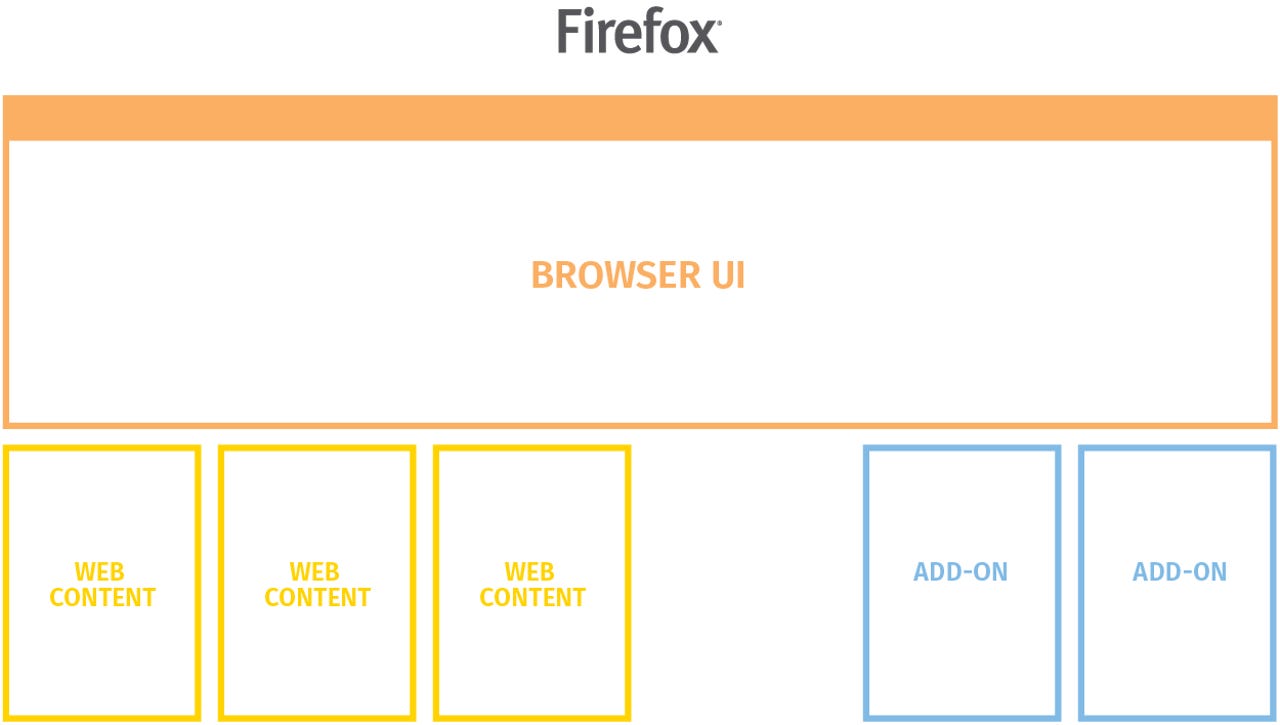Mozilla Firefox 48: Out now with multi-process Electrolysis to cut lag, freezing


Mozilla's long-running Electrolysis project is finally bearing fruit.
Mozilla has released a new version of Firefox that it hopes will make the browser a faster and more responsive competitor to Google's Chrome.
Firefox 48 contains the first phases of Mozilla's rollout of a long-overdue project called Electrolysis, which separates Firefox processes for web content from the browser's user interface, such as tabs and buttons.
Otherwise known as a multi-process architecture, Electrolysis brings Firefox up to par with Chrome, which for years has divided up tasks into their own processes.
As Mozilla recently noted, Chrome and Internet Explorer have been multi-process since 2008, while Safari followed suit in 2011, leaving Firefox as the only single-process browser available, even though Mozilla kicked off Electrolysis in 2009.
With Electrolysis, Firefox should be "less susceptible to freezing and... generally more responsive to input", Nick Nguyen, vice president of Firefox product, wrote on Tuesday.
The new design will prevent Firefox buttons and tabs from freezing when the computer's processors are handling a memory-intensive webpage.
Mozilla says the multi-process architecture is the biggest change it's ever made to Firefox and so it's moving ahead with caution. Initially, it will be available for one percent of users so that Mozilla can assess stability and gauge public response.
The other reason for caution is that some add-ons may not be compatible with the new architecture. Mozilla intends to ramp up its multi-process architecture for add-ons in Firefox 49 and Firefox 50. It recently launched a page to log non-compatible add-ons.
"Eventually we will enable the multi-process architecture for all users, and add-ons that are incompatible may no longer work. For this reason it is imperative that add-on authors update their add-ons to be compatible with the multi-process architecture," Mozilla said in a post detailing its multi-process roadmap.
By the first half of 2017, Firefox users should also be benefiting from Mozilla's work on multiple content processes to improve the stability of other tabs when one tab is under a heavy load.
It's also working on a hardened sandbox for content processes to improve security. Another security-led initiative underway at Mozilla is putting Firefox extensions in their own processes, although this work is only in its infancy.
Mozilla earlier this week also announced it was bolstering protections against malicious downloads. Using Google's Safe Browsing, Firefox 48 and onwards can block "potentially unwanted software" and "uncommon downloads".
The unwanted software may be deceptive or piggyback on software users explicitly want, while the uncommon category relates to potentially malicious downloads.